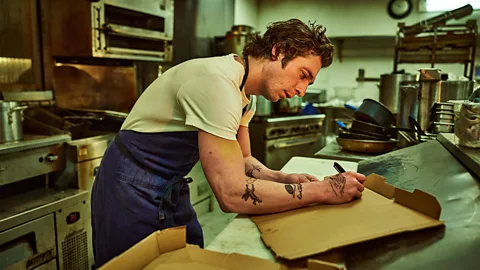Is The Sopranos creator David Chase right that quality TV is 'dying'?
 Hulu
HuluRecently, Chase stirred conversation with his doomy remarks about the industry. We explain the basis for his comments – and other showrunners weigh in on whether it is truly in crisis.
Every day for four years, Sam Esmail went to work, awaiting a phone call that never came. It was the mid 2010s, and Mr Robot – the New Jersey-born filmmaker's Emmy award-winning debut TV show, about a vigilante hacker who s an underground movement of cyber anarchists – was experimenting with stranger and stranger storylines. Riskier and riskier shot compositions. Bolder and bolder anti-capitalist ideas.
"I thinking: Uhh, someone's going to call us at some point and tell us to knock it off, right">window._taboola = window._taboola || []; _taboola.push({ mode: 'alternating-thumbnails-a', container: 'taboola-below-article', placement: 'Below Article', target_type: 'mix' });
